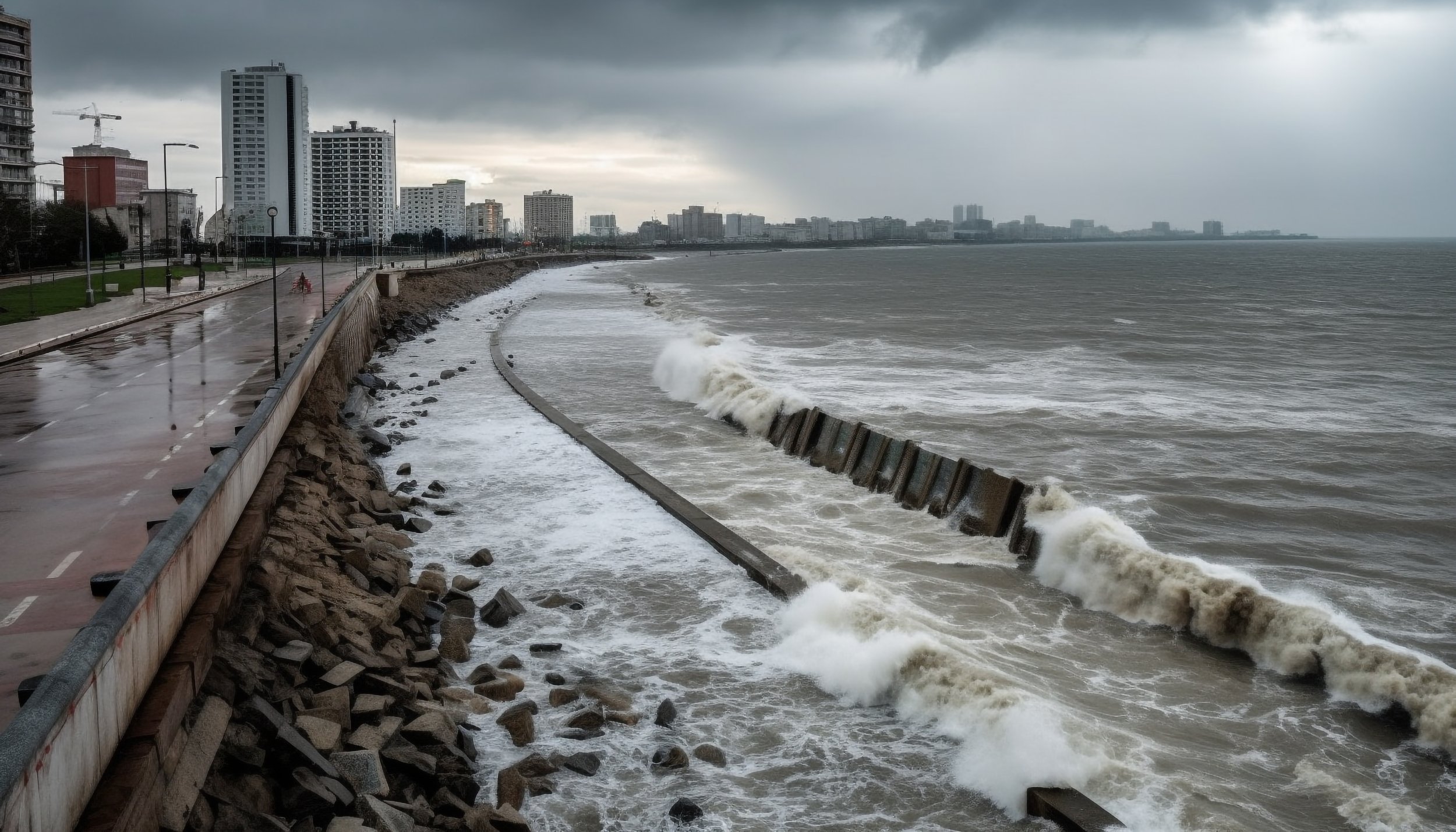
Building tools and products that accelerate adaptation
Timely information is essential to creating effective climate adaptation strategies
Climate Resilience Offsets
Climate Resilience Offsets
A growing number of reports are showing the Carbon Offsets are not working as everyone hoped they would. At the same time, the financial impact of climate change is growing rapidly. Chair of the Federal Reserve points to it as a reason inflation remains high.
In response to this immediate need a team of climate activists and high tech entrepreneurs are launching Carbon Resilience Offsets that will deliver the same tax-deductible financial benefit to corporations and consumers as Carbon Offsets, but CROs will be spent on projects with immediate impact, measurable results, and lasting benefits.
Sign the nationwide petition to establish the same tax benefits as a 401(k) retirement account for a Personal Climate Resilience Savings Account
Higher global temperatures mean more severe weather events. The cost of severe storms is rising. Personal savings won’t bridge the gap between coverage and loss.
Please sign our petition to get Congress to enact new legislation establishing similar tax benefits as a 401(k) retirement account for a personal climate resilience savings account.

The Dobson Climate Initiative
The Dobson Climate Initiative
In the 1960s, John Dobson invented a new type of telescope that vastly increased the number of amateur astronomers by simplifying their ability to conduct research and make impactful findings. Likewise, the Dobson Climate Initiative is designed to create a large network of citizen climate data scientists able to vastly increase the use and application of open climate data sources to better focus selection and document the results of myriad climate action projects.
There are approximately 3,000 – 5,000 open climate data sets worldwide, 377 in the US alone. However only an estimated 5-10% are being accessed and used to create solutions to climate change. This is mainly because sophisticated data analytics platforms are too complex for the average non-computer science user. The Dobson initiative seeks to enable citizen climate data scientists to access these open climate data sets to build new data models they can use to garner support for local projects, inform funding sources about an unmet need, or report on the results of a project.
The Dobson Climate Initiative will be launching its first cohort of 50 Climate Data Scientists in 2024. If you are interested in supporting this effort or joining the cohort please contact us below.

One step ahead
One step ahead
One step ahead is a unique web service that helps people and communities better scope the potential financial impact of imminent severe weather events. It integrates property assessment data, with flood zone maps, and real-time weather to allow more accurate predictions of precisely which properties will be affected and what the potential financial loss may be.
One Step Ahead is currently under development and is scheduled to be released later in 2024. For more information please Contact Us below.

Measuring the property insurance gap
Measuring the property insurance gap
The number and intensity of severe weather events due to climate change will continue to rise, and with them, the scale of their impact on communities will rise too. According to the Nov. 2023 Fifth Climate Assessment published by the White House, despite increased spending and action to mitigate the impacts of climate change communities are ‘woefully unprepared’ for the escalating impacts. One key area where communities urgently need additional, actionable data is the impact on public and private property and a widening protection gap.
Climate and impact data exists in the private domain, however much of that information is static and/or non-interactive and does not provide the detail on property insurance coverages to allow decision-makers to determine the loss risk. Assessed property value data exists in both the public and private sectors, however, it lacks the integration with flood and other related data to be truly actionable.
This leaves decision-makers on their own to cull the data they need from myriad sources, often in times of imminent crisis. This project proposes to provide a holistic understanding of exactly where and how much property will be affected by severe weather events; it will document where coverage gaps are; and it will give decision-makers a tool with real-time data they can use to better prepare for these inevitable events.
For more information about this pending research study please Contact Us below.
